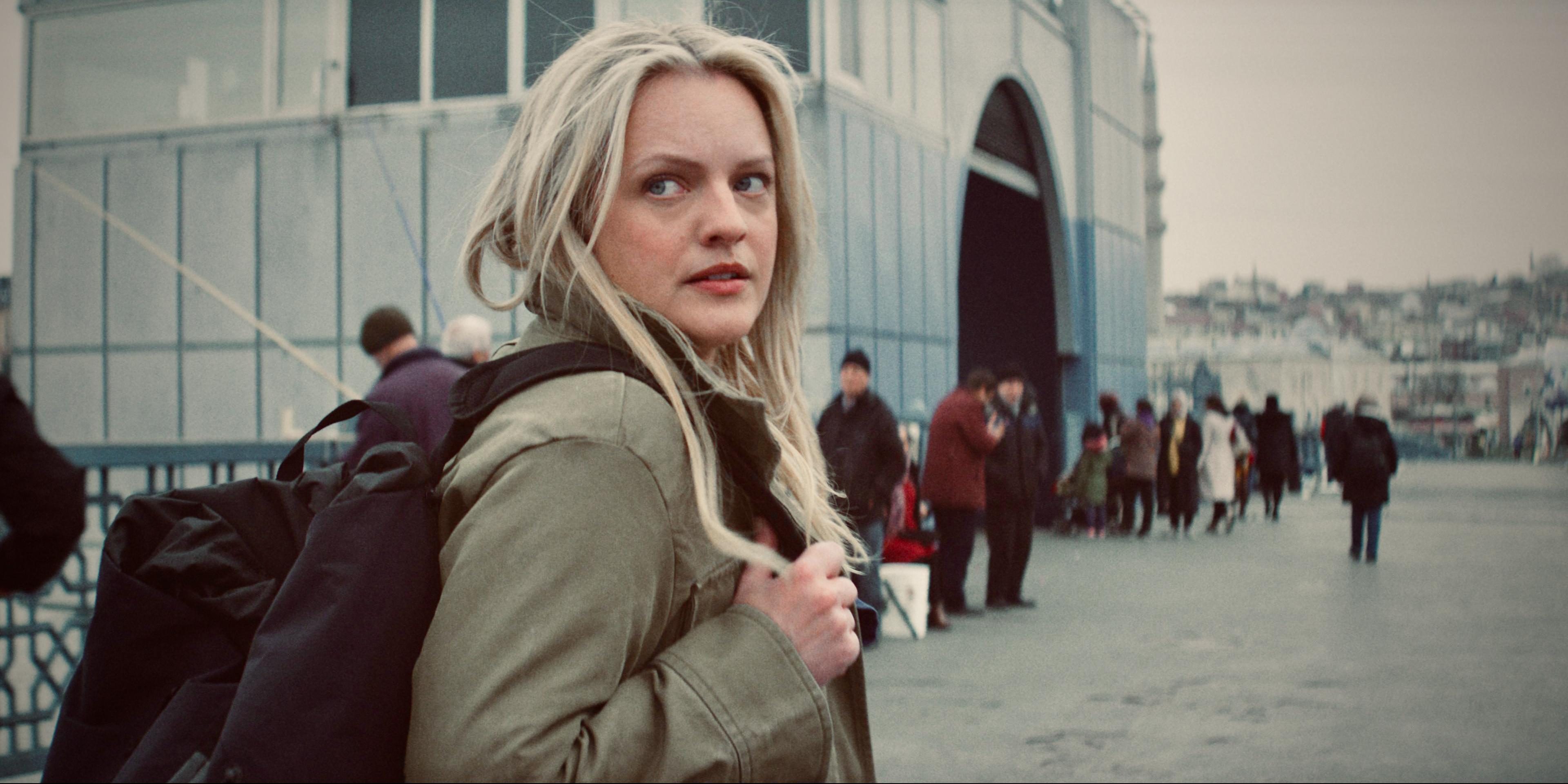Hulu’s TV mini-series ‘The Veil’ presents a story set within the world of counterterrorism operations and international institutions working for it. It follows the story of Imogen Salter, a seasoned MI6 agent, as she finds herself in a risky operation. She works closely with the French DGSE (Direction Générale de la Sécurité Extérieure, which is the French foreign intelligence agency) to thwart a potential terrorist threat. When intelligence points to Adilah El Idrissi, a Syrian individual linked to ISIS, Salter sets out on a mission to intercept her and gather crucial information about impending attacks.
Salter arrives at the Turkish border and takes Adilah, and the two of them start their journey to Paris. The former uses various tactics to get as much information out of Adilah as she can, while the latter works deftly to protect it. Created by Steven Knight, known for the much acclaimed ‘Peaky Blinders,’ this mini-series is an attempt to understand the nexus of operations of states and the various factions that work within it. It raises ethical and moral questions, and given the genuine subjects it touches upon, a look into the real-life influences that set the course for the series is warranted.
Contemporary Global Issues Inspire the Themes of The Veil
‘The Veil’ draws inspiration from the realities of global espionage and counterterrorism efforts rather than directly adapting real characters or incidents. Executive producer Denise Di Novi revealed in an interview that the series’ larger vision of realism stemmed from a chance encounter with a retired French DGSE agent in a hotel bar in France. In a candid conversation fueled by the spirit of the night, the agent shared insights into the challenges he faced while collaborating with agencies from various countries.

Stephen Knight was inspired by the conversation and wanted to study it closely. He started talking to people associated with these agencies from various countries and observed a similar sense of unease. Almost all shared apprehensions about working with other countries. He realized that the macro issues that plague the modern world and the decisions taken about them at a governmental level are driven by individuals at the crux of it. He summed up his conclusion in the following words, “There is friction, and there is tension, and the thing that appeals to me most is when big international conflicts or events boil down to individuals. And what I wanted to do with this is take huge issues and boil it down to two people in a car.”
Collaboration among intelligence and security agencies on missions is a common practice. Such cooperation often occurs when addressing transnational threats like terrorism or organized crime. Each agency brings its unique expertise, resources, and jurisdiction to the table, allowing for a more comprehensive approach to tackling the issues. However, coordinating between agencies with different organizational cultures, priorities, and legal frameworks can present significant challenges. The clashing of personalities and interests often shows a lot of hurdles that must be overcome for a successful mission.
The series raises accurate questions about the threat of terrorism that Western countries face and how it affects their executive decisions. Heightened security measures, surveillance initiatives, and intelligence-sharing protocols have become hallmarks of the post-9/11 era as nations seek to fortify their defenses against potential threats. Actions that stem from these principles carry a particular hostility, and this sentiment is very subtly shown in the series when the CIA tries to intervene in Salter’s operation, too.
Elisabeth Moss, who appears as Imogen Salter, conducted thorough research on MI6, delving into numerous books to prepare for her character. Moss emphasized the importance of mastering a flawless British accent despite being of partial British descent. She dedicated extensive time to perfecting this aspect of her performance. Additionally, Moss performed many of her character’s stunts, enduring a back injury during one scene. This commitment to authenticity and willingness to take on physical challenges made Salter’s character highly believable.
While the series and its characters may be fictional, they operate within a hyper-realistic landscape that mirrors the challenges of world politics. It navigates the threads of geopolitics, espionage, and moral ambiguity with nuance and sophistication, offering audiences a thought-provoking exploration of contemporary dilemmas. The series has been able to blur the lines between reality and fiction, which is a testament to the hard work of the people who have worked on it to bring the story to the audience.
Read More: The Veil: Exploring Elisabeth Moss Show’s Filming Locations


You must be logged in to post a comment.